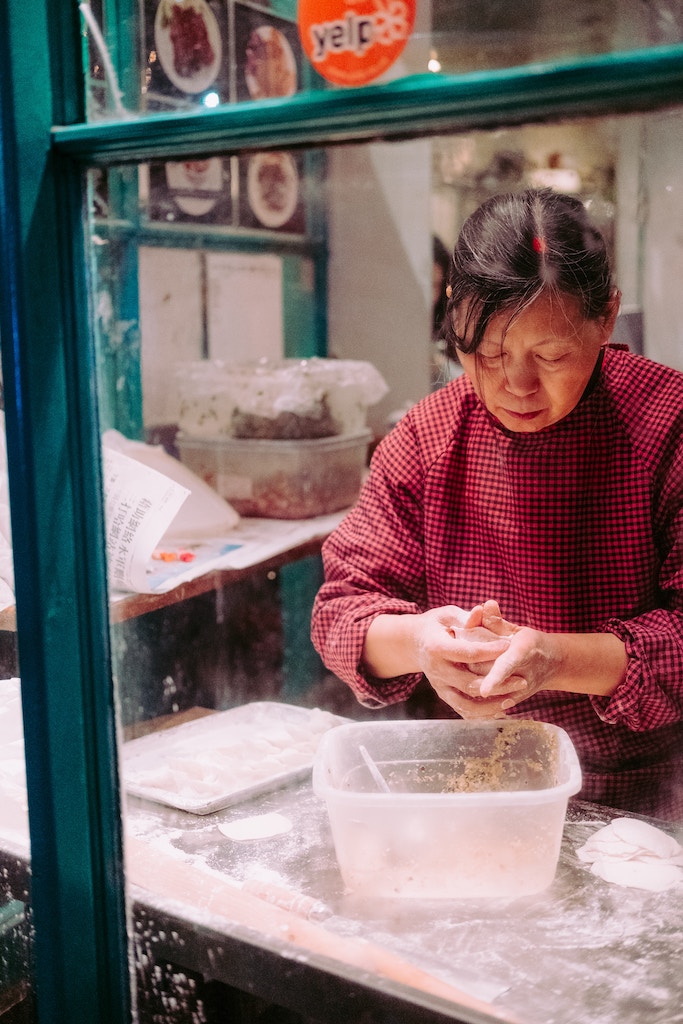Embracing longevity
Tsao Foundation hosts forum on the future of longevity to kick off its 30th anniversary celebrations.
 Non-profit organisation Tsao Foundation hosted the Tsao Longevity Forum to discuss recent trends and innovations in enabling people to lead healthy, active, engaged and purposeful lives.
Non-profit organisation Tsao Foundation hosted the Tsao Longevity Forum to discuss recent trends and innovations in enabling people to lead healthy, active, engaged and purposeful lives.
Presented under the theme ‘Embracing Longevity: The Promise of 100-year Lives’, this one-day event is the first of a series of year-long events to celebrate the Foundation’s 30th anniversary.
While ageing is a natural biological process, longevity refers to the conditions and factors that support a long and healthy life, encompassing social, environmental and lifestyle factors for enhanced well-being. The forum underscored the significance of preventive health and health promotion throughout the life course, highlighting the involvement of people across all age groups in this crucial conversation on longevity. As Singapore faces a future where 100-year lives are becoming increasingly common, the forum sought to further five key objectives:
- To raise awareness, share knowledge and champion the opportunities of 100-year lives.
- To stimulate new thinking and conversation around the potential of longer lives.
- To debunk myths and introduce actionable solutions to address the challenges of longevity.
- To shift the public narrative from ‘ageing as burden’ to ‘longevity as opportunity’ and finally to ‘embracing longevity’.
- To bring together a network of like-minded thought leaders and explore collaborations in the space.
Dr Mary Ann Tsao, chairperson of the Tsao Foundation, said: “The future of longevity can be changed if we act now. Whether it is around business innovation, health and care or building future-ready communities, we hope our diverse and stellar line-up of panellists show us how we can catalyse constructive changes that can enable brighter and better 100-year-lives.”
The Longevity Forum began with a keynote presentation by Professor Laura Carstensen from Stanford University. An award-winning professor of psychology, she is also founding director at Stanford Center on Longevity. Her most current empirical research focuses on how motivational changes can influence cognitive processing.
In her keynote, Prof Carstensen introduced the ‘New Map of Life’, outlining actionable steps to redesign our lives, communities and economies to better support longer lives. She aimed to dispel the idea that longevity and ageing are one and the same, advancing a new narrative that explores the more meaningful concept of longevity, the duration of life and the quality of longer lives. “The promise of longevity holds many opportunities. With the reduction in premature death, it gives us more years of life, which means more time to pursue our goals, be with our loved ones and chase our dreams. It is up to us to use this gift wisely,” said Prof Carstensen.
Following the keynote address, a total of three panel discussions were held, each focusing on the respective three themes: business innovations, health and community.
The first panel, Business Innovation in an Age of Longevity, explored the economic dividends of longer lives, featuring Dr Jean Accius, president and CEO of Creating Healthier Communities, an American non-profit that seeks to remove inequities in health. An advocate of the many opportunities of longevity, Dr Accius was formerly senior vice-president of Global Thought Leadership at the AARP, where he led the research and development of two global longevity economy reports in 2019 and 2022, focusing on how people in their 50s and older are fuelling economic growth, stimulating jobs and creating opportunities.
Dr Accius kicked off the panel with a presentation on key insights from AARP’s latest report on the longevity economy. Speakers discussed how older adults are contributing to the economy and transforming markets across the world. This panel provided insights for companies and consumers alike on innovative new opportunities to reap the economic dividends of longer lives. It also explored why the longevity economy is relatively underdeveloped in Singapore and offered solutions from entrepreneurs and businesses on how best to unlock the potential of the silver dollar.
From lifespan to healthspan was the second panel discussion expanding on various behavioural strategies necessary for individuals and communities to adopt a healthy path to longevity. It was headlined by Prof David Halpern, CEO of Behavioural Insights Team in the UK that specialises in applying an evidence-based understanding of human behaviour to ‘nudge’ people, Governments, communities and organisations towards desirable behaviours to help them thrive.
He opened the panel with a presentation on his findings of applying these human behaviour ‘nudges’ and how it will support a healthy path to longevity. The panellists then discussed how health in the new era of longevity goes beyond avoiding sickness but to thrive in mind, body and spirit before segueing into crucial conversations on how individuals and communities can prevent disease, increase resilience and find purpose and meaning.
The third panel, Connect, Collaborate and Care, looked into the development of inter-generational communities. Led by Marc Freedman, the panel explored ways to bridge the generation divide, deepen relationships across ages and harness the complementary strengths of generations to solve pressing issues. As fertility shrinks and people age, the panel delved into what longevity-ready communities of the future will look like.
Freedman is president and co-CEO of CoGenerate, a company that focuses on what the older population can do in collaboration with younger generations to solve society’s most pressing problems. He also co-founded Experience Corps to mobilise people over the age of 50 to improve the school performance and prospects of low-income elementary schools in the US, a programme which has expanded and is now run by the AARP.
(** PHOTO CREDIT: Unsplash/Scott Stephens)

0 Comments